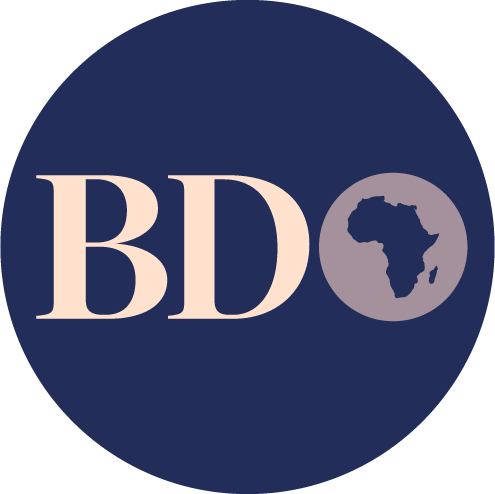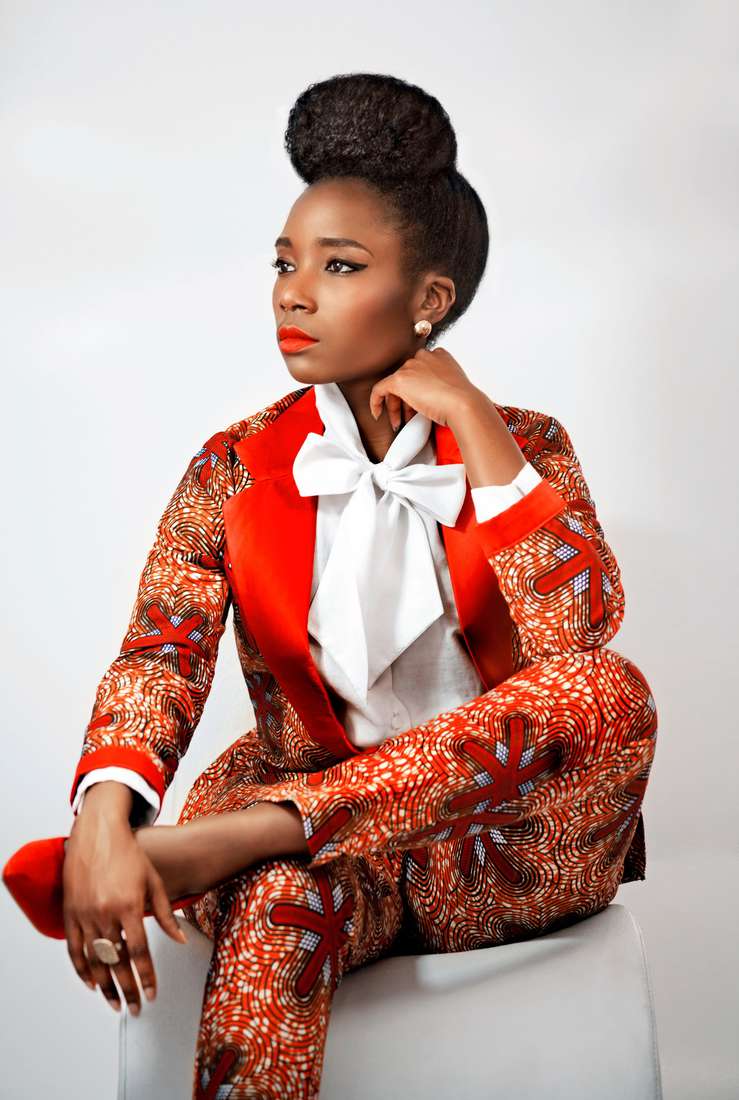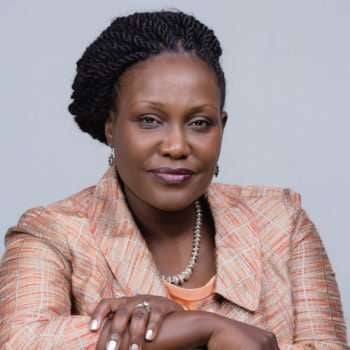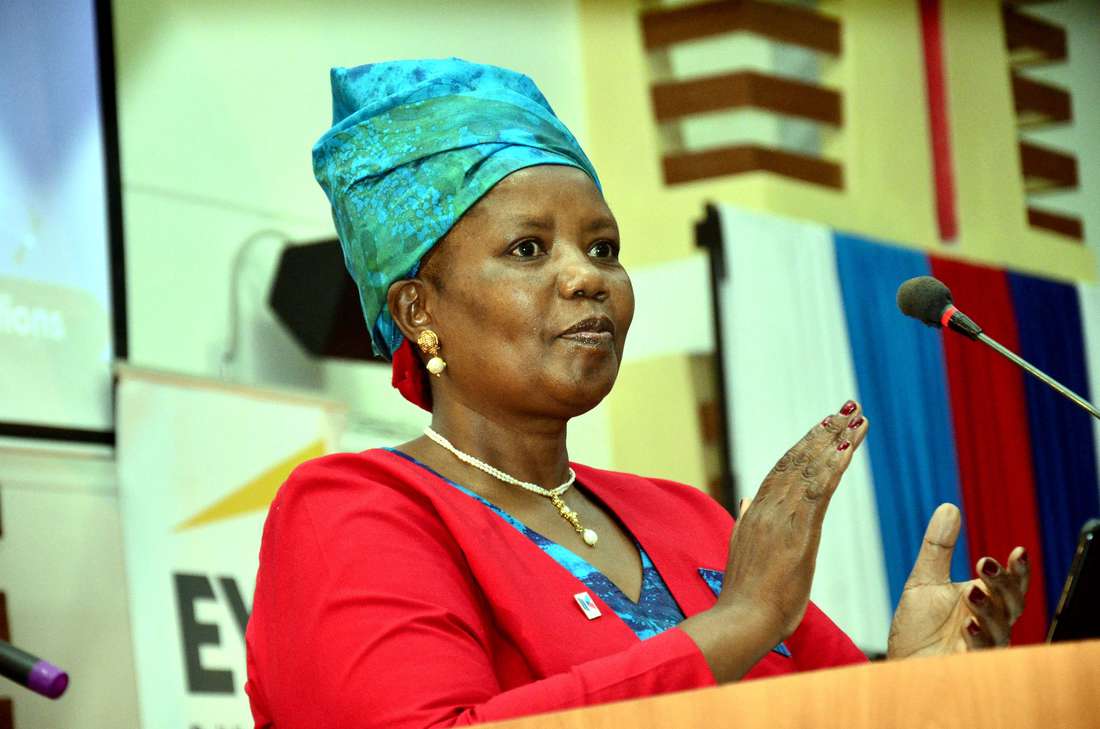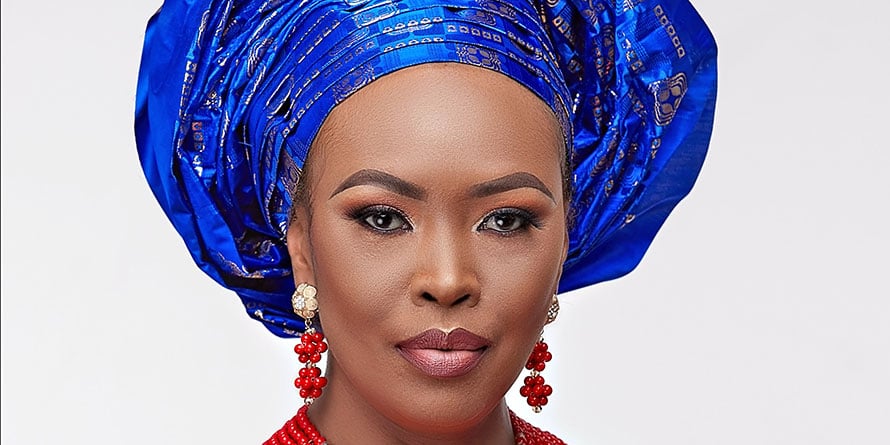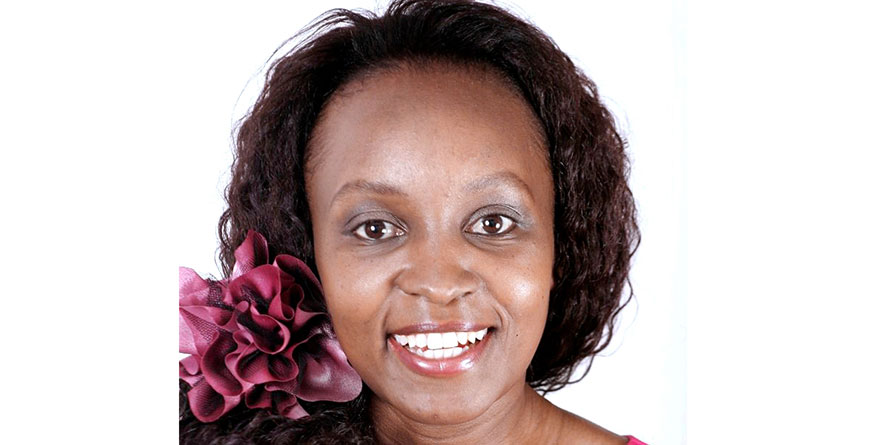By Dr Cathy Mputhia
In the history of Israel, there once lived a woman known as Deborah. Deborah was fondly referred to as the mother of Israel.
“She was a prophetess (highest spiritual leader), a judge, a song writer, a mother and a wife. Of all her famous leadership successes was counselling the army commander Barrack on battle strategy.
The general was afraid to go to battle and begged the “Mother of Israel” to accompany him.
She told him that due to his hesitance, the victory in that particular battle would be attributed to a woman, that is, Jael. Jael was a woman who managed to kill Israel’s enemy using “soft skills.”
She convinced the fleeing enemy to take a rest in her tent and went as far as serving him milk to rejuvenate him. While the enemy was sleeping, she finished him off.
This is an interesting account of how the cultural and social environment at the time was very supportive of women in leadership. It also shows how a woman used her soft skills to attain goals and implement strategy.
From this story, we see how diverse personalities can work together to achieve same goal. While Deborah seemed firmer and more authoritative, Jael’s strength seemed to be good people skills. Therefore, the perception that women have to embrace a soft or weaker leadership style is misleading.
Time is now
The current global trend is shifting in favour of supporting rather than stifling women in leadership. This is not to say that men in leadership have lost their ground, the shifting trend is cognisant of the fact that capable women ought to be equally supported to take up leadership roles.
The global trend is shaping women leadership in Kenya.
Congratulations to the 40 winners of this year’s Top 40 under 40 women. These are young women who are making a mark in their circles of influence.
The 40 women are top performers in each of their sectors, whose successes as women can be emulated.
This is especially relevant to women as the legal environment is very supportive of women in business and leadership. This is not to say that it is unsupportive of men. If there is a time and season that capable women in Kenya can grow their careers, businesses and horn their leadership skill, the time is now.
This all started with the new Constitution 2010. Article 27 provides for equal opportunities between men and women. While this provision does not favour either of the sexes as they key standard is equality, a lot of corporates have since 2010, provided more opportunities for women.
Corporates are taking a cautious approach to be gender sensitive as gender policy can affect a corporate’s image and brand.
Therefore, when recruiting staff, many corporates ensure there is gender balance by ensuring the recruitment in not too skewed to favour one gender.
There has been a huge policy shift supporting women and youth owned businesses in access to procurement opportunities and finance.
At least 30 percent of all Government tenders are reserved for this group and at least 30 percent of the budgetary allocation is for this group. This means it is easier for women owned enterprises to supply goods and services in the requisite category.
There are many financial institutions that provide access to credit for women. This is because some women lacked collateral to use as security for a loan because of cultural hindrances. Before the shift in the legal environment, married women were challenged in inheriting a portion of their parents ‘property because the assumption was she would enjoy her husband’s portion.
The law allows all children whether women or men, married or single to inherit.
The specialist women finance institutions sought to address this challenge.
There are more mentorship and training opportunities for women-led businesses. I have benefited from such initiatives that support networking, mentorship, training and placement. This is because the demand for women led suppliers has gone up.
Globally, board diversity is an emerging trend. A good board is one that is diverse in terms of expertise, age, location and gender.
In closing, do not forget the environment is supportive, therefore you have no excuse not to excel.
